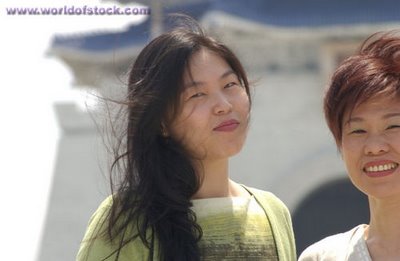 If this stupidity becomes law, the terrorists have won--and even the foregoing statement might result in criminal charges.
If this stupidity becomes law, the terrorists have won--and even the foregoing statement might result in criminal charges.What's a "terrorist?" An Israeli settler shooting olive harvesters in Nablus? The guerrillas who eventually won the American War of Independence? Hungarians throwing Molotov cocktails at Russian tanks? The French Resistance? Nelson Mandela? The Stern Gang? The Nicaraguan contras, supported by Ronald Reagan? The Afghan mujahideen? The Taliban? Islamic militants beheading schoolgirls? Just the latter two? All of the above, and more? Just the ones who aren't freedom fighters? Which ones are they?
What's "glorification?" Erecting a monument? Calling terrorists "the moral equivalent of our Founding Fathers?" Praising the French Resistance in the same breath? Celebrating the Fourth of July? Giving Nelson Mandela the Nobel Peace Prize? Calling the slaughter of hundreds of Lebanese civilians "a measured response" to the capture of two Israeli soldiers? (Can the actions of states be deemed "terrorist? Can supporting those actions be deemed "glorification?")
Second-last question: if legislation is seriously contemplated, will it provide clear answers to the above questions--and many others like them? And the final one--just how cranio-rectally impacted are the Liberals and Conservatives on this House of Commons committee?
UPDATE: (March 28) Damn, I'm forgetting my manners. H/t to Kate.



